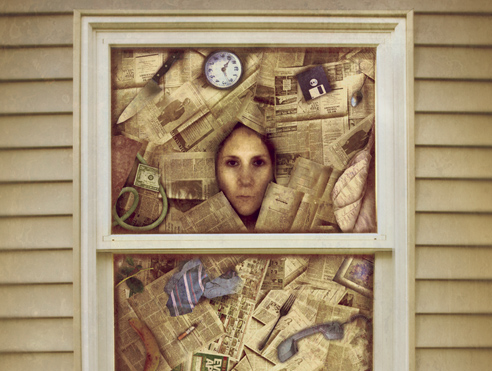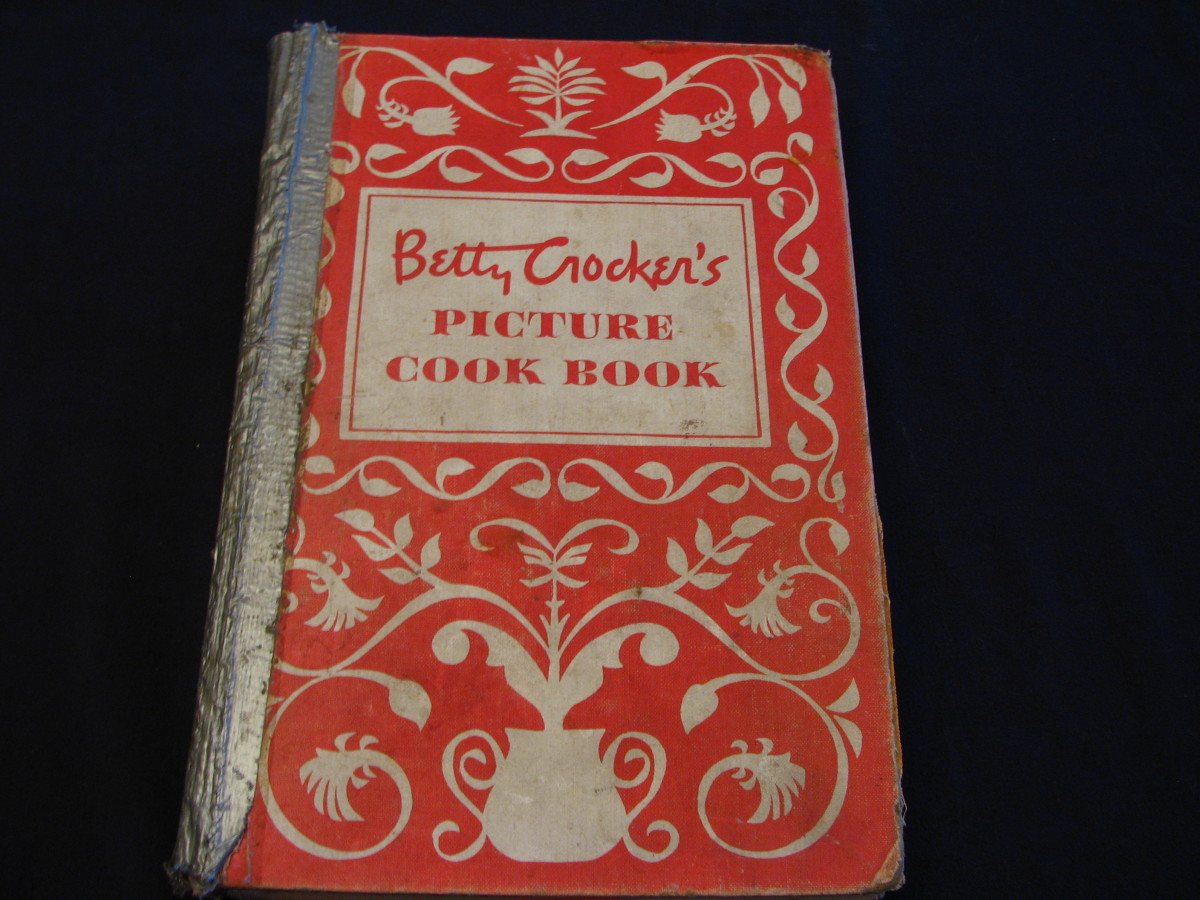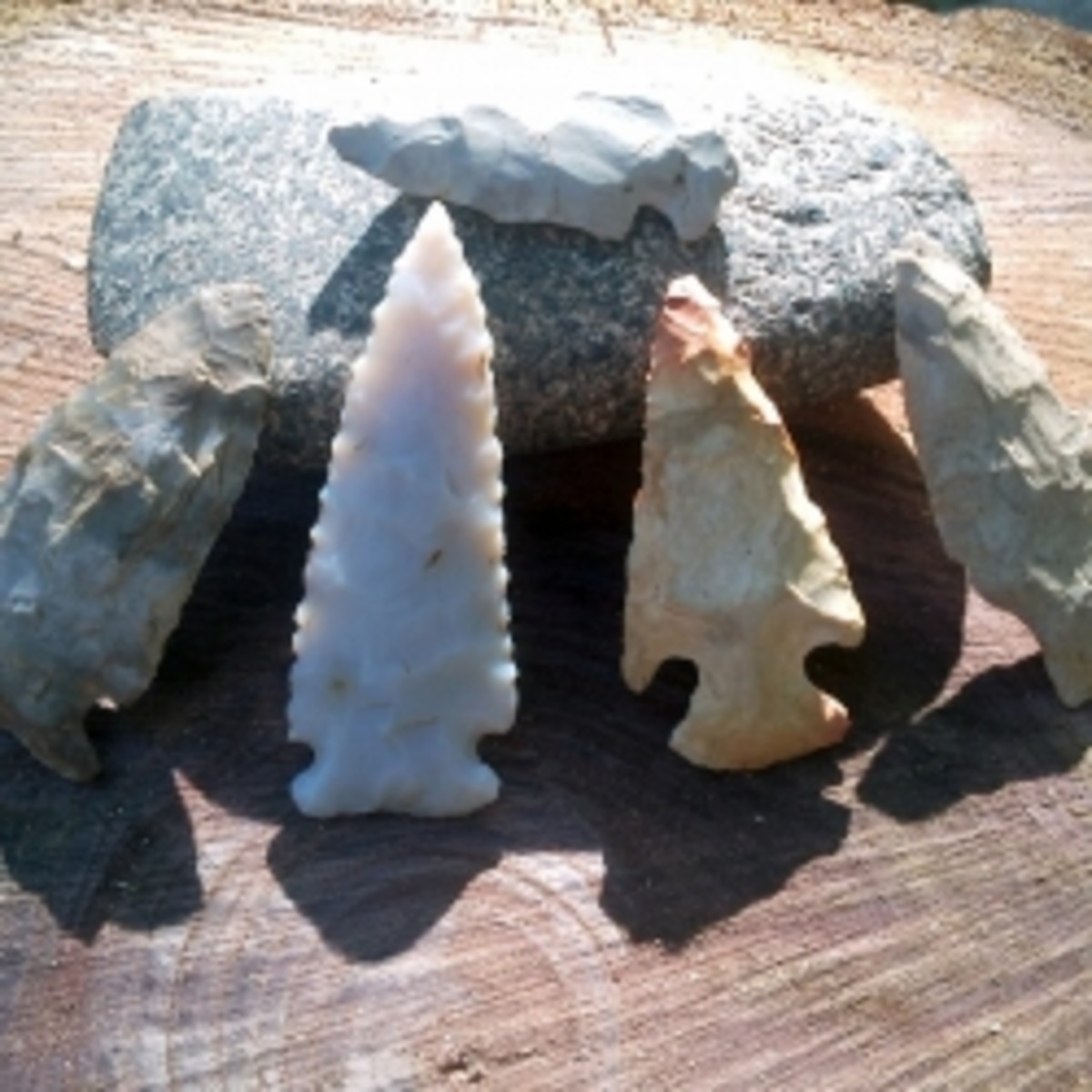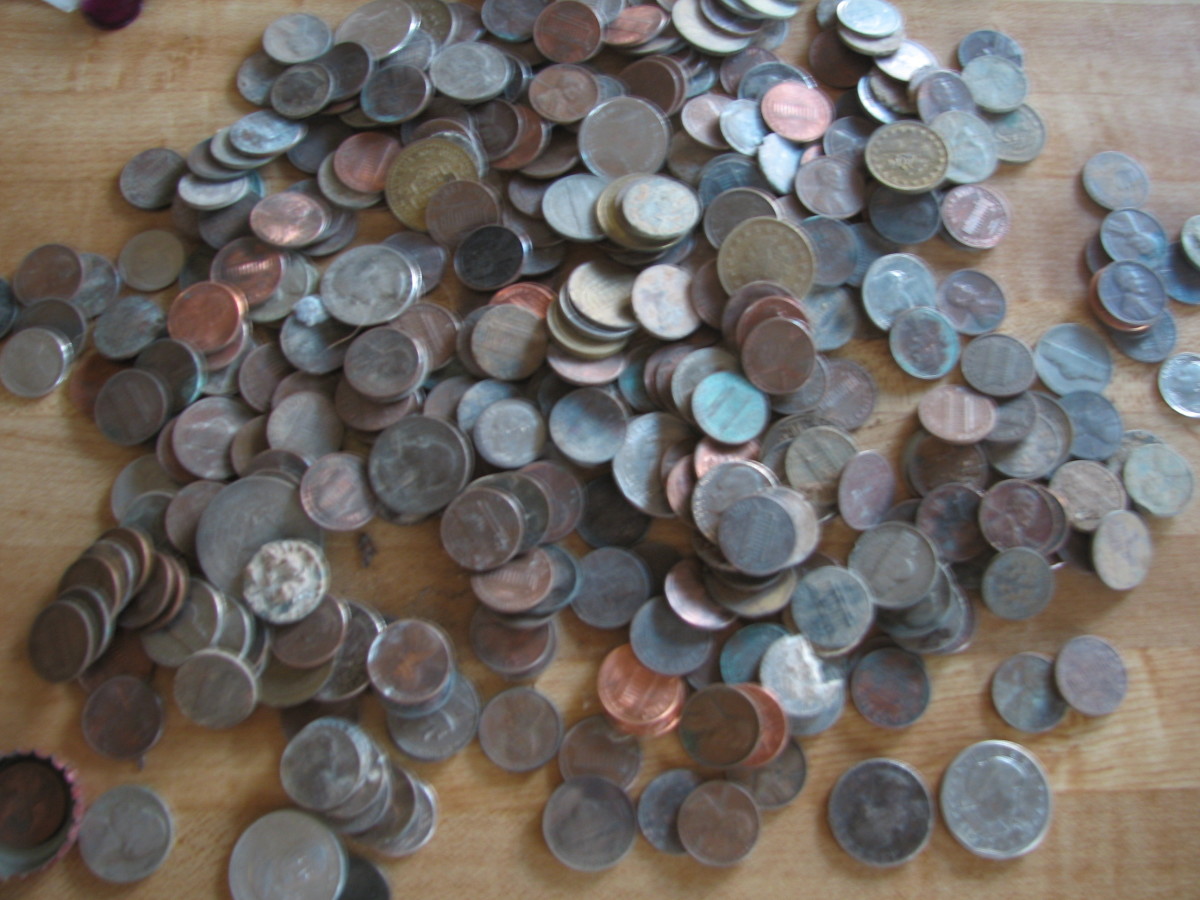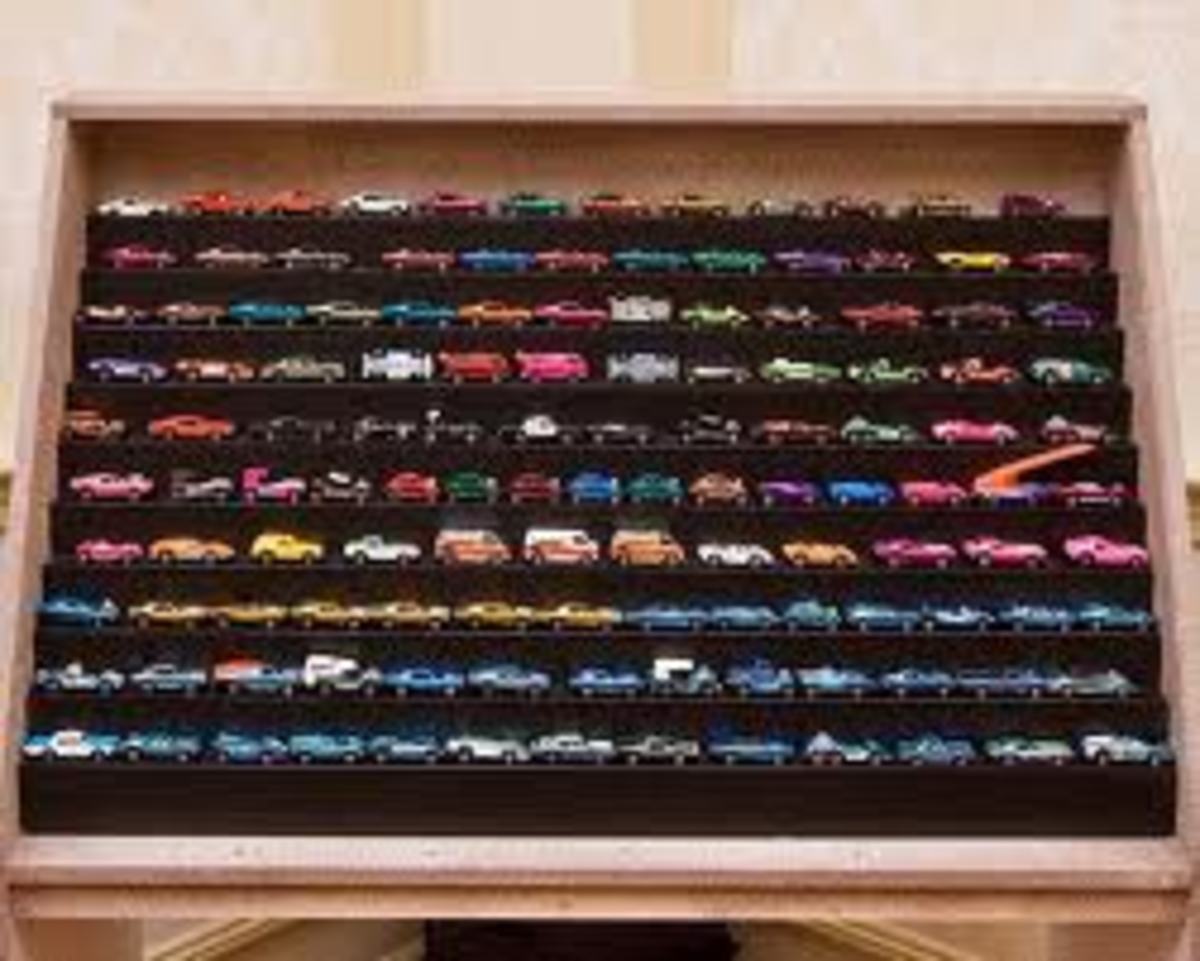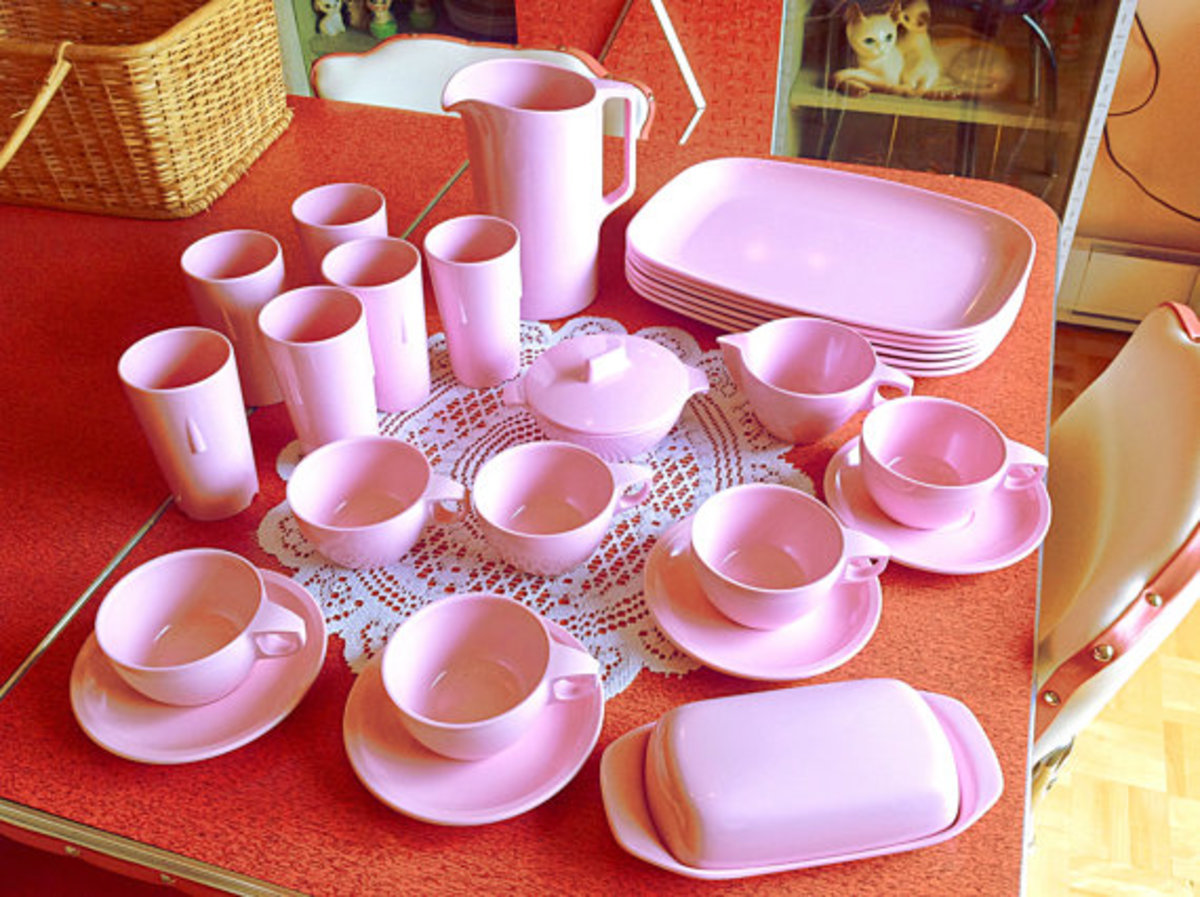Hoarding: the ugly side of collecting
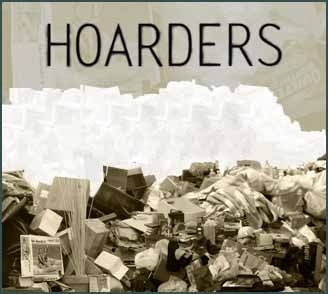
Hoarding is an obsessive disorder that has really only come to light in recent years. Now, due to the spotlight of the disorder there are a lot of places to get help, and learn about this unfortunate issue.
Compulsive or pathological hoarding is categorized by a pattern of excessive procurement of and inability or unwillingness to discard things. Generally, the collection things fill all the living areas of the home. It is usually a cause of significant distress and hindrance for the person and all the family. It is embarrassing to family members, and dangerous.
The things compulsively collected do not have to be items; there are a lot of cases of animals being hoarded. No matter what it is that is being collected, it is detrimental to the person’s health. It can block escape in case of fire, it could potentially be the cause of fire, and the collection could be the cause of unhealthy “visitors” such as menace insects and fungus’.
Even though we do not have a lot of research in the area, we’ve called it an “off-shoot” of OCD. They say this because it is an inability to stop collecting despite the knowledge of otherwise. According to the Mayo clinic, hoarding is not yet considered an official, distinct disorder. It may seem that this “disease” would be hard to diagnose since a lot of TV programs are making light of it. Shows like “American Pickers” and “Hoarders” survive because of hoarders. Then, the question becomes. How much is too much?

When I was younger, we had a neighbor that would collect things. Things were all over the yard and in his house. He would let us play with all the things he had and was happy to see the things be used. He later died because he tripped over his collection of things and couldn’t get to the phone or through the things to get help in time. While he was alive he enjoyed his things, but they were the cause of his death. It was very sad as the massive collection of everything was sorted through and thrown away. It turns out that his wife left him, and his children disowned him because of his inability to let go. He found a purpose for everything. He always felt that nothing should go to waste. I still have some of his things in his memory.
Now, we should ask ourselves, where do you draw the line? He was happy with his things, and his mind set is something we can all identify with. No one really wants to waste everything. There are a lot of amazing things that can be made out of things people call trash. However, how do we know if we have too much stuff? We all have a relationship with stuff. We acquire stuff for memories, for fun, and for decoration. Some of us like and collect more stuff than others. Media and social websites put a lot of pressure on us to purchase things, to own things.
Studies say that only about 1 to 2 percent of people have the serious form of hoarding compulsion. Most people may have inclinations to keep sentimental items, and may even collect clutter. However, the majority of us are ok. If you can only navigate through your house through narrow paths called “goat paths”, you may want to seek help.
psychologists Randy Frost and Gail Steketee have spend decades categorizing and analyzing the disorder. When they started in 1990 they say that they only expected to find a handful of people suffering. Six million sufferers later, they have offered some compelling traits that identify a hoarder.
Gail Steketee says in her book, “Stuff: Compulsive Hoarding and the Meaning of things” - "[It's] when it crosses the line from ... collecting things to the point where there's distress — either to the person who has the problem or [for] those around them. And [when there is an] impairment — when they can't do the things that they [would otherwise] do in their ordinary lives, when they can't socialize or have people into the house or work effectively, when they can't spend time with their children and on and on."
Randy Frost also comments from the same book. "One of the questions we get all the time from people is, 'What's the difference between someone who has a hoarding problem and someone who is a collector?' What we've noticed is a couple of major differences between the two. First of all, when people collect things, they typically organize them in a pretty systematic fashion — and that doesn't happen in hoarding. The other thing is, when people collect things, they typically want to display them to other people. ... Hoarders want to keep things hidden because of the shame they have."
If you or someone you know is suffering, it is best to get help because this is a disorder that will take hears to help. There are people everywhere that offer therapy and counseling. The person may agree that they need help while out of their home but inside, they usually can’t see the problem. Only 42% of hoarders thought there was a problem with their collection. Search the internet for the nearest OCD specialist near you and get the help needed for your loved ones.
